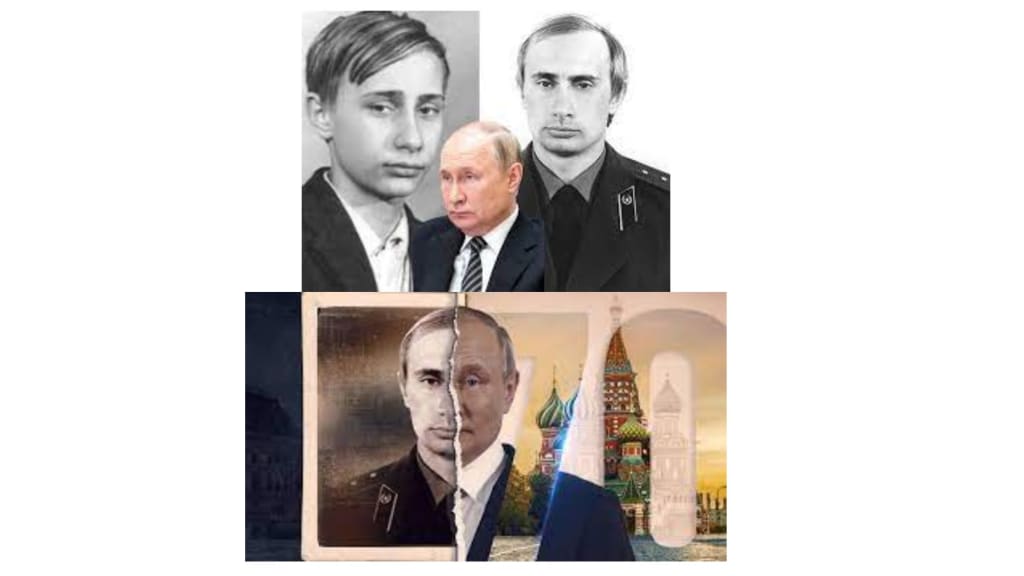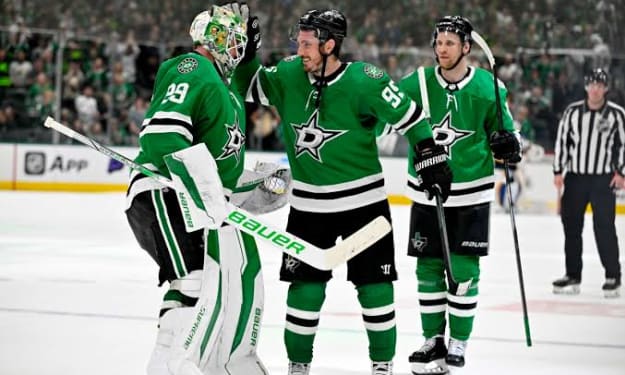
Vladimir Putin, the current President of Russia, is a figure who has captivated the world with his enigmatic personality and political manoeuvres. From his early days as a KGB officer to his rise to power as one of the most influential leaders on the global stage, Putin’s journey is a testament to his resilience, strategic thinking, and unwavering determination. In this blog post, we will delve into the history of Vladimir Putin, tracing his path from his formative years to his ascent to power in Russia.
Early Life and KGB Career: Vladimir Vladimirovich Putin was born on October 7, 1952, in Leningrad (now St. Petersburg), Russia. Raised in a working-class family, Putin displayed early signs of ambition and discipline. After graduating from Leningrad State University in 1975 with a degree in law, he joined the Soviet security agency, the KGB. Putin served as an intelligence officer in East Germany, gaining valuable experience in espionage and cultivating a deep understanding of the inner workings of power.
Entry into Politics: With the collapse of the Soviet Union in 1991, Putin returned to Russia and embarked on a political career. He held various governmental positions, including deputy mayor of St. Petersburg and head of the Federal Security Service (FSB), the successor organization to the KGB. Putin’s efficient management style and strong leadership qualities caught the attention of President Boris Yeltsin, who appointed him as prime minister in 1999.
Presidency and Consolidation of Power: In 1999, Yeltsin resigned, paving the way for Putin to assume the presidency. He won the presidential election in 2000 and began implementing a series of reforms aimed at stabilizing the country’s economy and restoring Russia’s global influence. Putin’s presidency was marked by a centralization of power, with an emphasis on consolidating authority within the Kremlin. He introduced measures to strengthen state control over key industries, media outlets, and political institutions.
Foreign Policy and International Relations: Putin’s foreign policy approach has been characterized by a pursuit of Russian interests on the global stage. He sought to re-establish Russia as a major player in international affairs and protect what he saw as Russia’s sphere of influence. Putin’s leadership witnessed significant developments, such as the conflict in Chechnya, the annexation of Crimea, and Russia’s military intervention in Syria. These actions drew both praise and criticism from the international community, fuelling ongoing debates about his geopolitical motivations.
Popularity and Criticism: Throughout his tenure, Putin has maintained a high level of popularity among the Russian population. His strongman image, focus on national security, and efforts to restore Russian pride resonated with many citizens. However, his presidency has also faced criticism, both domestically and internationally, for his handling of human rights issues, suppression of political dissent, and alleged interference in foreign elections.
Legacy and Future: As Putin’s presidency continues, speculation remains about his long-term plans and the future direction of Russia. Despite constitutional term limits, Putin has found ways to maintain his influence and leadership beyond his presidential tenure. As he navigates Russia’s domestic and international challenges, the world will closely watch the developments surrounding Putin’s legacy and the potential transition of power in the coming years.
Conclusion: Vladimir Putin’s journey from a KGB officer to the President of Russia is a testament to his political acumen and resilience. Throughout his career, he has wielded power with a strong focus on national security and the restoration of Russia’s global standing. Putin’s presidency has left an indelible mark on Russia’s political landscape, shaping its domestic policies and foreign relations. As the world continues to grapple with the implications of Putin’s leadership, it is clear that his legacy will be one of complexity and controversy. The future of Russia and the trajectory of global politics will undoubtedly be influenced by the decisions and actions of this enigmatic leader. Only time will reveal the full extent of Putin’s impact on the world stage and the lasting legacy he leaves behind.
About the Creator
Taj Padda
Hello, I'm Taj, an avid writer and knowledge enthusiast.






Comments
There are no comments for this story
Be the first to respond and start the conversation.